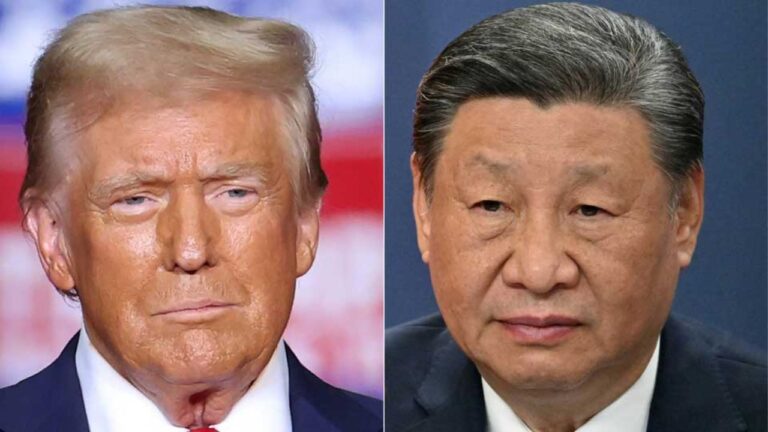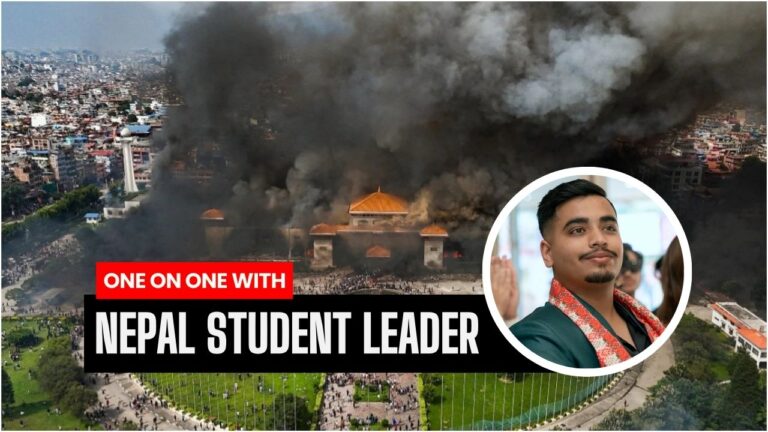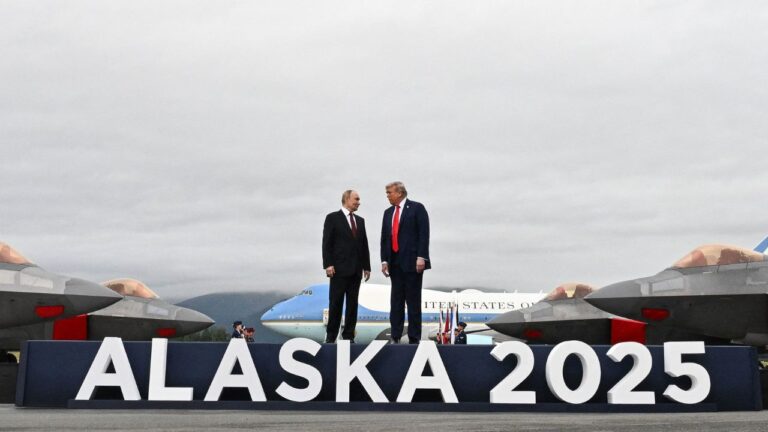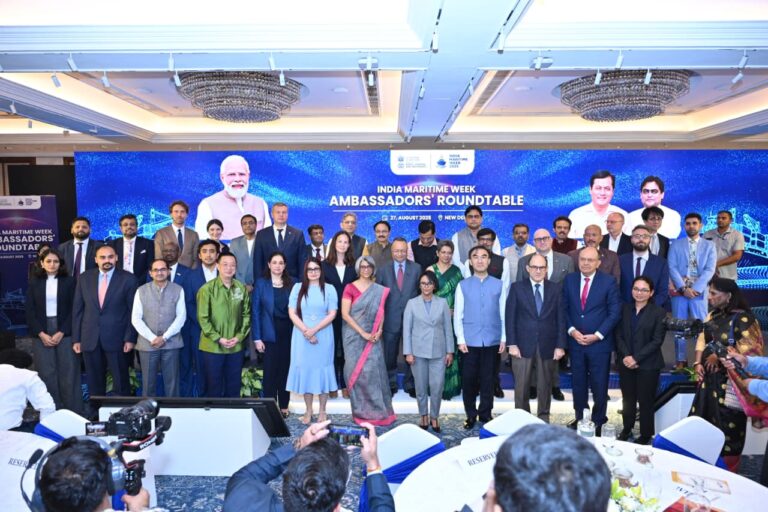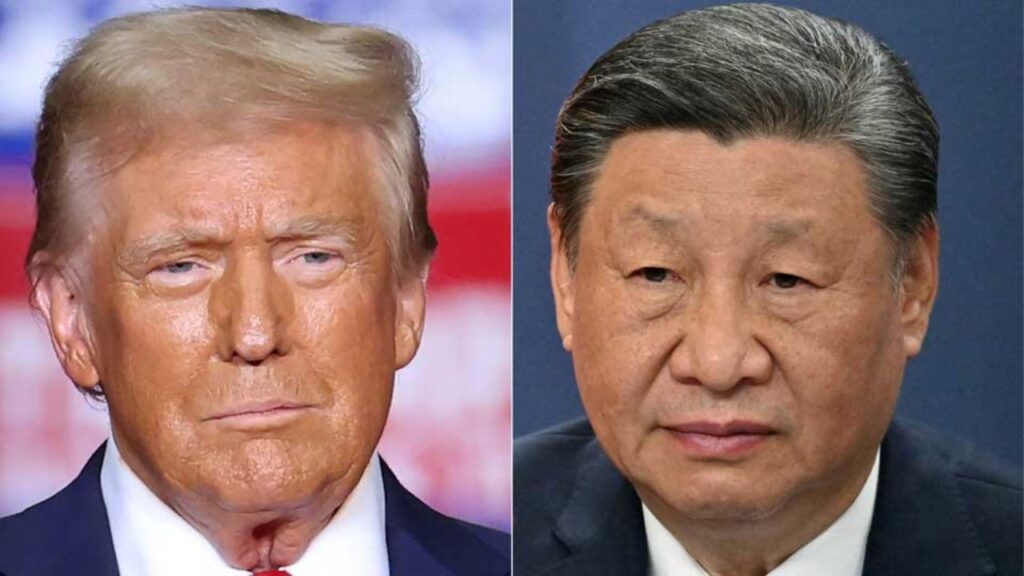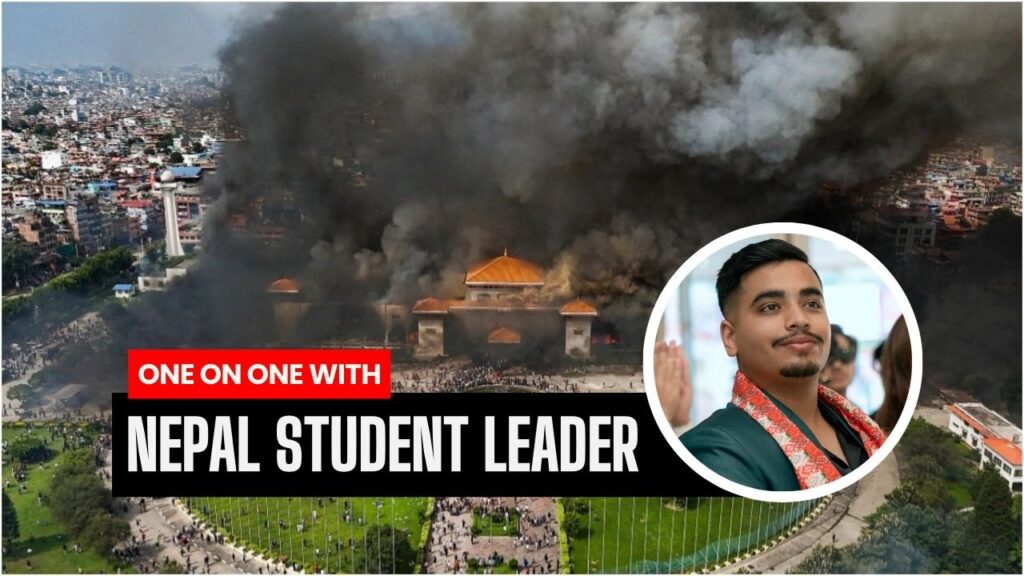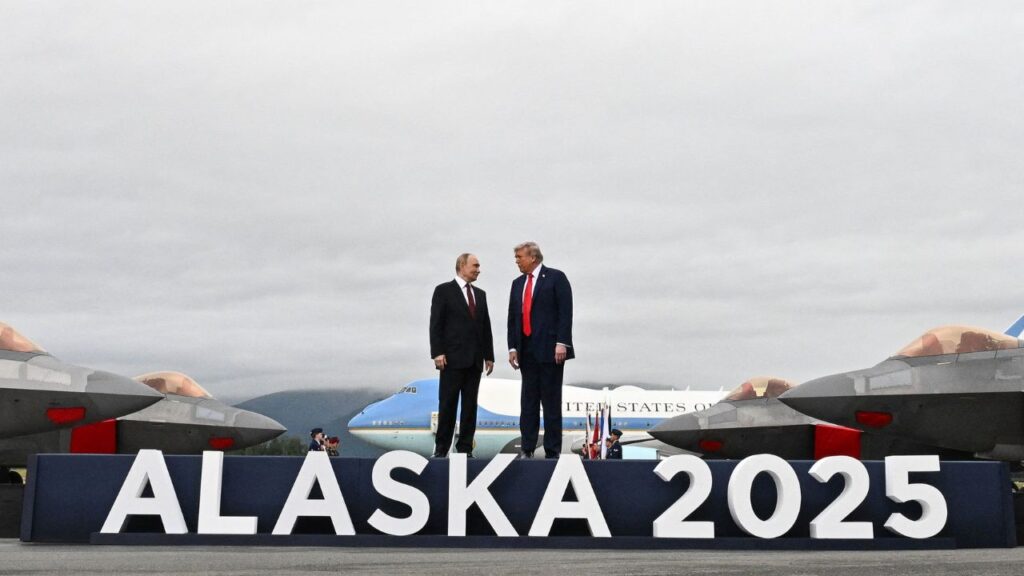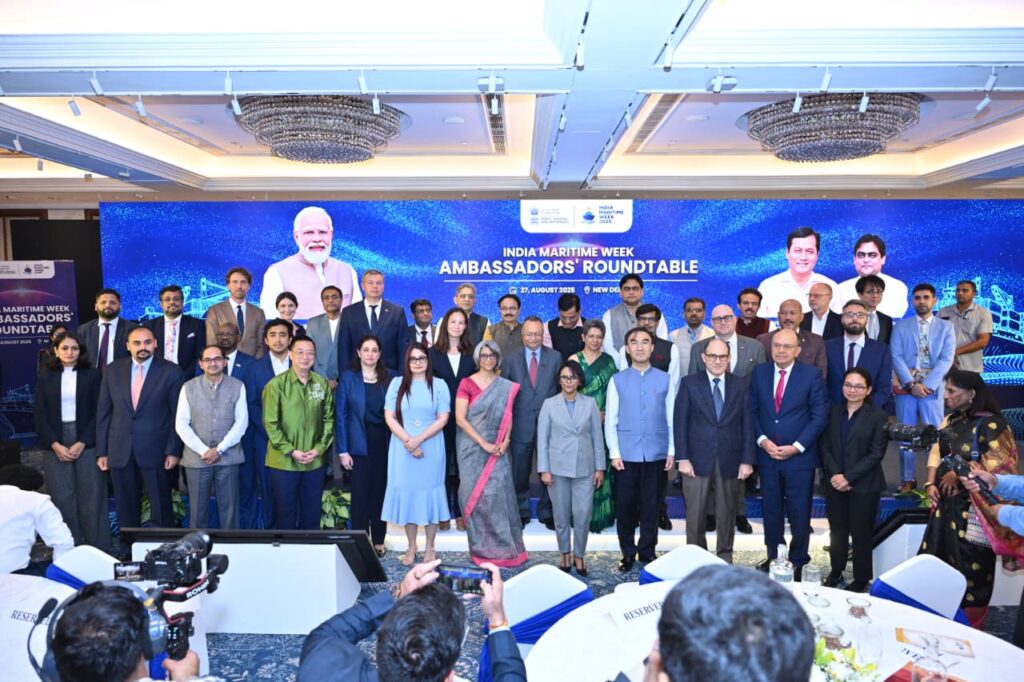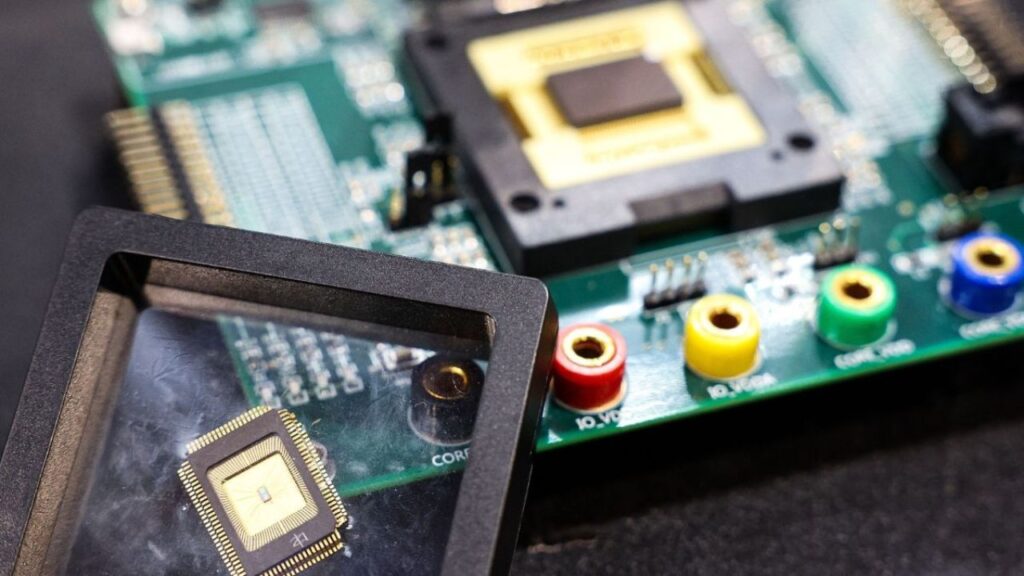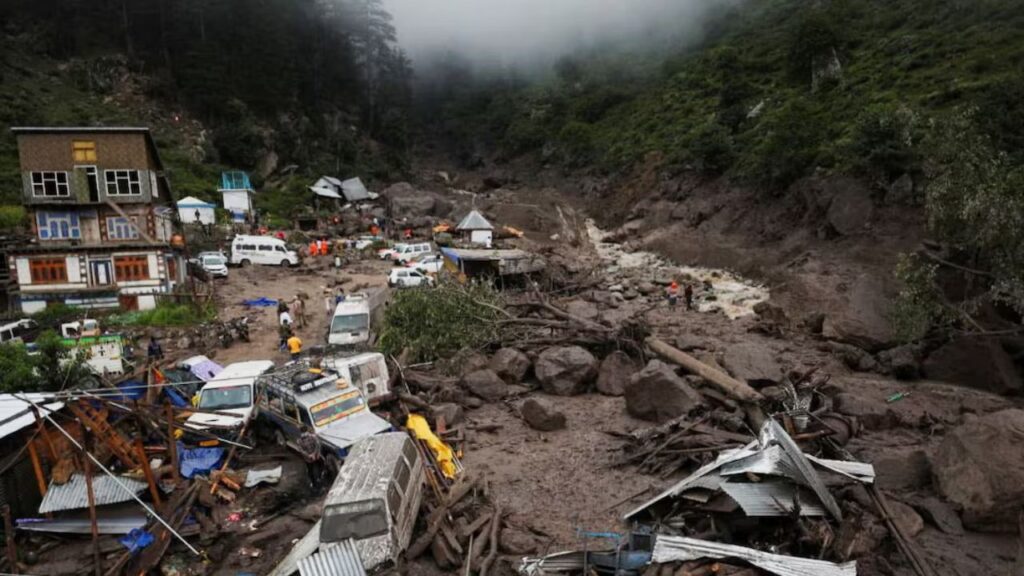In a speech that has ignited a firestorm of debate across India’s political and legal spheres, Vice President Jagdeep Dhankhar delivered a scathing critique of the judiciary, accusing it of overstepping its constitutional mandate and encroaching on the domains of the executive and legislature.
Speaking at the valedictory ceremony for the sixth batch of Rajya Sabha interns at the Vice-President’s Enclave on April 17, Dhankhar labeled the Supreme Court’s recent actions as akin to firing a “nuclear missile” at democratic forces, raising fundamental questions about the balance of power in India’s democracy.
His remarks, centered on a landmark Supreme Court ruling and a controversial judicial probe, have drawn sharp reactions, with critics accusing him of undermining judicial independence and supporters hailing his call for accountability.
Dhankhar’s address focused heavily on a Supreme Court verdict delivered on April 8, 2025, which set a three-month deadline for the President to act on bills referred by state governors, a ruling prompted by Tamil Nadu Governor R.N. Ravi’s prolonged delay in assenting to 10 state bills. The bench, comprising Justices J.B. Pardiwala and R. Mahadevan, declared the governor’s inaction “illegal” and subject to judicial review, asserting that constitutional functionaries must act within a “reasonable time.”
Dhankhar, a senior lawyer with decades of experience in the Rajasthan High Court and Supreme Court, called the directive an unprecedented overreach. “We cannot have a situation where you direct the President of India, and on what basis?” he asked, emphasizing that the President, who takes an oath to “preserve, protect, and defend the Constitution,” holds a unique and elevated position. He argued that the judiciary’s authority is limited to interpreting the Constitution under Article 145(3), which requires a bench of five or more judges for constitutional matters, not issuing mandates to the executive.
The Vice President reserved his sharpest criticism for Article 142, a constitutional provision granting the Supreme Court plenary powers to ensure “complete justice.” Dhankhar described it as a “nuclear missile against democratic forces, available to the judiciary 24×7,” arguing that its frequent use allows judges to legislate, perform executive functions, and act as a “super Parliament” without accountability. “So, we have judges who will legislate, who will perform executive functions, and absolutely have no accountability because the law of the land does not apply to them,” he said, citing the Tamil Nadu case where Article 142 was invoked to clear bills without executive approval.
Legal experts note that the provision, historically used sparingly, has been employed thrice in 2024 alone, raising concerns about its scope. Dhankhar’s remarks echoed sentiments from critics like Kerala Governor Rajendra Vishwanath Arlekar and Attorney General R. Venkataramani, who argued the judgment was delivered without hearing the President’s side, violating principles of natural justice.
Adding fuel to the controversy, Dhankhar questioned the judiciary’s handling of an incident involving Delhi High Court Judge Yashwant Varma, where wads of semi-burnt currency were allegedly found at his residence on the night of March 14-15, 2025.
The Supreme Court constituted a three-judge committee to probe the matter, but Dhankhar demanded why no First Information Report (FIR) had been filed, noting that even constitutional functionaries like himself are not exempt from such legal processes. “If the event had taken place at a common man’s house, the speed would have been an electronic rocket. Now it is not even a cattle cart,” he said, calling for transparency to restore public trust. He argued that the committee’s report lacks legal standing, as it operates outside constitutional or parliamentary sanction, and warned that judicial independence should not be an “impregnable cover” against investigation. “It is now over a month. Even if it is a can of worms, time to blow up the can,” he declared, urging the judiciary to let “skeletons be in the public domain” for cleansing.
The Vice President’s remarks have polarized opinion. Supporters, including some BJP leaders, argue that Dhankhar is addressing a critical issue of judicial overreach that threatens the separation of powers. A recent media survey cited by Dhankhar indicated dwindling public confidence in the judiciary, lending weight to his call for accountability.
However, opposition leaders and legal luminaries have condemned Dhankhar’s statements as an attack on judicial independence, a cornerstone of India’s democratic framework. Congress leader Jairam Ramesh called the remarks “an extraordinary assault,” referencing Dhankhar’s earlier criticism of the 1973 Kesavananda Bharati judgment, which established the basic structure doctrine limiting Parliament’s power to amend the Constitution. “The Vice President seems intent on dismantling the checks and balances that protect our democracy,” Ramesh said.
Senior advocate P. Chidambaram, a former Union minister, reiterated that the Constitution, not Parliament, is supreme, warning that Dhankhar’s views could embolden efforts to weaken judicial oversight.
Noted lawyer Prashant Bhushan went further, suggesting the government’s discomfort with the judiciary stems from its desire to erode democratic institutions.
The controversy is not Dhankhar’s first clash with the judiciary. In February 2025, he questioned the Chief Justice of India’s role in executive appointments, such as the selection of the CBI director, calling it a “constitutional paradox.” He has also previously criticized the Supreme Court’s handling of the Emergency period under Indira Gandhi, praising nine High Courts for upholding fundamental rights while lamenting the apex court’s capitulation. His consistent stance on judicial overreach, including his objection to the scrapping of the National Judicial Appointments Commission (NJAC) in 2015, reflects a broader tension between the government and the judiciary over the collegium system and judicial appointments.
Legal experts are divided on the implications. Allahabad High Court advocate Rajan Singh cautioned that the judiciary’s deeper involvement in governance, particularly through Article 142, could have “unpredictable consequences,” aligning with Dhankhar’s concerns. Conversely, constitutional scholar Rakesh Dwivedi argued that judges are accustomed to such criticism and will continue to uphold the rule of law. “Judges are made of sterner stuff. They can withstand public statements,” Dwivedi said, noting that the judiciary’s role in checking majoritarian impulses is vital.
Dhankhar’s speech also touched on broader democratic principles, stressing the need for accountability across all institutions. “When the government is elected by the people, it is accountable to Parliament and the electorate. But if executive governance is by the judiciary, whom do you hold accountable?” he asked, underscoring the importance of separation of powers. He called for the legislature, judiciary, and executive to “blossom” within their respective domains, warning that incursions by one into another pose a challenge to democracy.
As the debate rages, the Vice President’s remarks have thrust the delicate balance of India’s constitutional framework into the spotlight. For some, his critique is a necessary push for transparency and accountability in a judiciary perceived as increasingly assertive. For others, it risks undermining an institution tasked with safeguarding fundamental rights against executive overreach.


